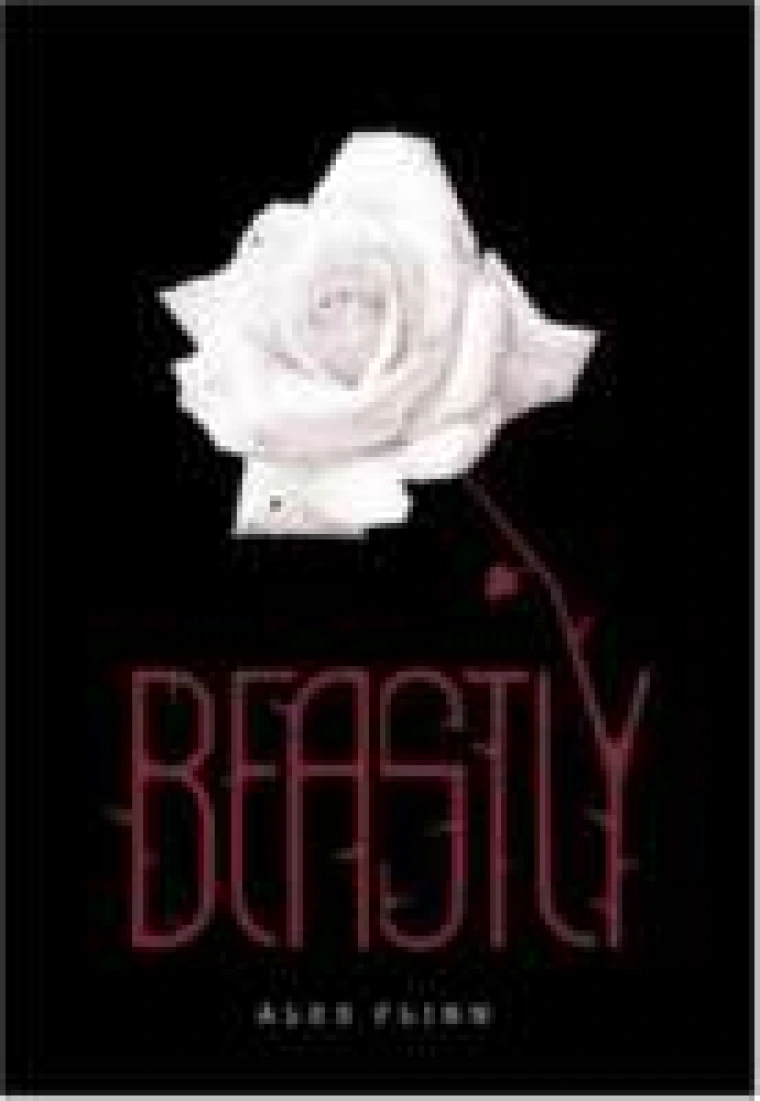Beastly
Beastly is a modern retelling of Beauty and the Beast from the point of view of the Beast, a vain Manhattan private school student who is turned into a monster and must find true love before he can return to his human form.
9780060874162
Genre:
Fantasy Folklore and Fairy Tales
Region:
Americas United States

